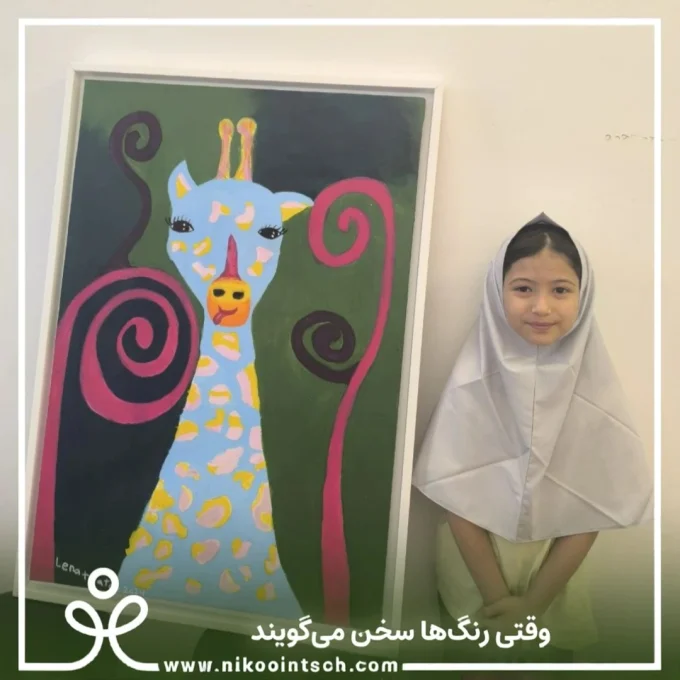From the collection of notes “May you grow old together!” on the topic “Multiplication Table”
Ibrahim Aslani
Psychologist and family counselor
Director of Nikoo School Branch 2
All of us have calculations in life; calculations about income and expenses, behaviors, and our personality, relationships with others, predicting the future, and even reckoning after death and the hereafter. In each of these calculations, we use addition, subtraction, and sometimes division, but perhaps less often do we turn to multiplication.
Accounting in life is not a bad thing, but it is also not right to be just accountants. We should calculate, especially hold ourselves accountable, but not be like an abacus where only numbers go up and down. A calculating life ultimately leads to profiteering; as if what I have done in this world and what I will face in the next, or what steps I have taken for others and now what steps they should take. Religious, philosophical, and psychological advice supports accounting, but more from the perspective of being cautious, overseeing our actions, and not wasting the opportunity of life. Using an abacus for positive and negative work is good if it is for change and improvement, otherwise it will be a fruitless effort.

The essence of life and the human spirit is much broader than numerical calculations and accounting. Sit down and calculate that I have earned such a reward, done a favor for someone, and taken a kind step for someone else, and then expect that the universe will bow to you, maybe no answer will come from anywhere! In humanity, kindness, benevolence, help, philanthropy, goodness, and generosity, let’s put aside addition and subtraction and use the multiplication table. As you know, learning addition and subtraction in school was not very hard, but learning the multiplication table was a troublesome task for many. If we cannot convince ourselves that life is a soul published in the history of humanity and not limited to just me, then our minds will always be engaged in calculations. And we will be freed from the bondage of addition and subtraction if we accept that:












